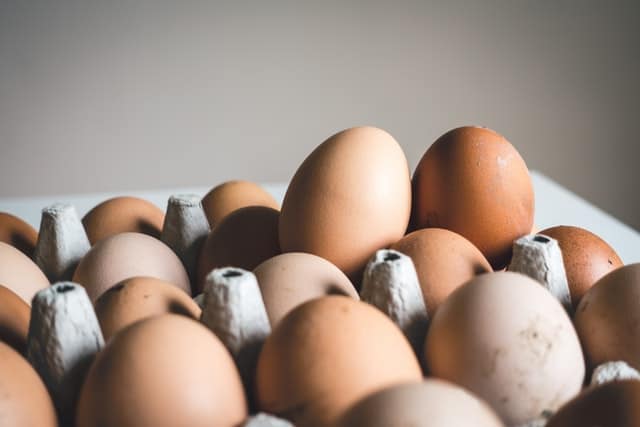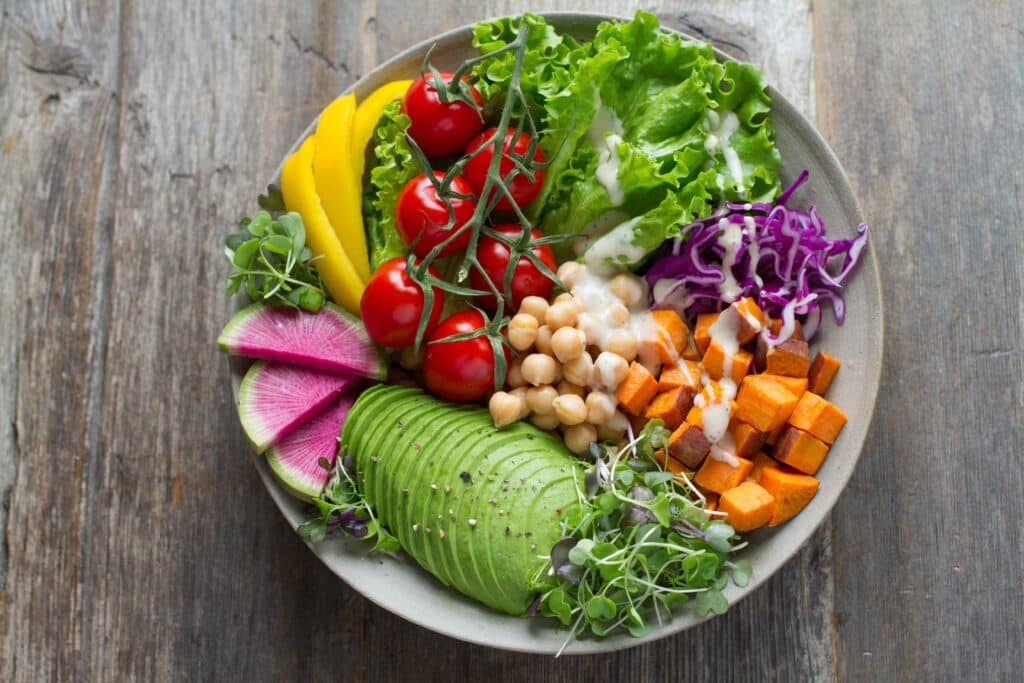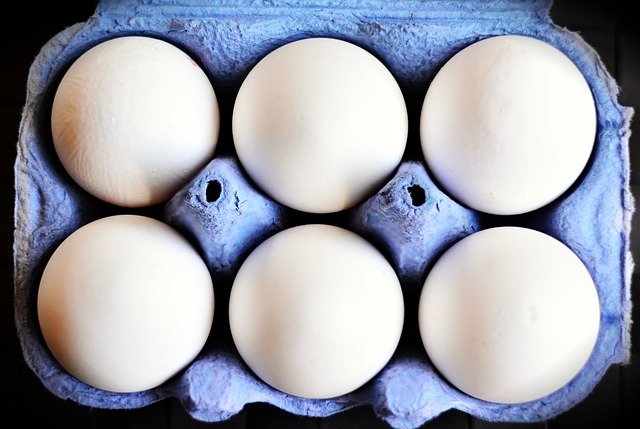Do Eggs Cause Constipation? – Overview
Eggs are rich in protein, making them an essential part of a balanced diet. They are also readily available, affordable, and easy to prepare in many ways.
However, some might ask, do eggs cause constipation? Learn more about the answer to this question here.
Do Eggs Cause Constipation?
The National Institute of Diabetes and Digestive and Kidney Diseases (NIDDK) reports that 16 percent of adults in the US suffer from constipation. About 33 percent of its senior residents show signs of the condition.
But are eggs among the culprits behind how common constipation has become?
Eggs may be loaded with protein and fat, but they are low in fiber, which can be a problem for the digestive system.
When eaten in large amounts, eggs do cause constipation. It is healthy to eat eggs but do so in moderation and make it a part of a balanced diet with other nutritious foods.
Do eggs cause constipation? Yes, they do, but this only happens when you eat too many eggs.
Eggs help maintain a healthy diet but don’t overdo it. Otherwise, these nutritious foods can become a big problem for you.
Regardless of how much you love eggs, watch how much you consume. Every way they’re cooked counts, too, whether they are soft-boiled, hard-boiled, scrambled, fried, or poached.
When Can You Say You’re Constipated?
You’ll know you have constipation if you experience the following signs:
- Inability to pass stools for days, or only able to do so three times in a week
- Hard or lumpy stools
- The sensation of having something stuck in the rectum that delays the bowel movements
- Difficulty having bowel movements
- A sensation of not having passed all the stools in the rectum
- Pressing your hands to your abdominal area or doing anything that helps you remove the feeling of blockage in the rectum
However, these symptoms may differ from one person to the next. It is up to you to listen to your body and monitor it.
What Makes Eggs Trigger Constipation?

Do eggs cause constipation?
Fiber works wonders for the digestive system, but this is one thing that eggs don’t have much of.
They lack fiber, so if you love eating eggs, add fiber-rich foods to your dinner plate. For instance, eat scrambled eggs with tomatoes, spinach, and more fibrous foods to improve bowel movement.
Most cases of mild constipation don’t require a laxative. Instead, evaluate your diet in the past few weeks and check how much fiber you’re getting.
Fiber is obtained from plant foods that the human body cannot digest. You need it to soften stools and improve digestion. You can get it from fruits, veggies, beans, and whole grains to your daily diet. Pair these foods with eggs regardless of how you serve them on the dining table.
How Can You Prevent Constipation Without Removing Eggs from Your Diet?

Do eggs cause constipation? You can help prevent constipation by eating a well-balanced diet.
Eggs are healthy sources of protein, but while the answer to the question “do eggs cause constipation?” is affirmative, it comes with an explanation.
If you don’t eat an excessive amount of eggs, these foods will likely not be the cause of your strenuous bowel movement.
To prevent constipation, watch how many eggs you eat and increase your fiber consumption.
Here are some more tips on how you can relieve constipation:
- Eat more vegetables. You could have 2 ½ cups of veggies and 2 cups of fruits daily. Distribute these throughout your meals as dessert, eat them with a low-fat dip, or prepare them as snacks.
- Use whole grains. Instead of the regular white rice, white bread, and pasta, eat brown rice, whole-grain bread, and whole wheat pasta. These are healthier, more fiber-rich options.
- Eat more beans. Put cooked beans in your salad, eat a legume dish as an alternative to meat at least once a week, and prepare more bean soups.
- Change your diet to a more fiber-rich one slowly. An instant change might make you feel too gassy or bloated as your body adapts to the new diet. Do it gradually.
- Count on supplements to boost fiber intake. If you cannot reach the 25- to 30-gram fiber requirement daily, consult your doctor about the ideal fiber supplement to use.
- Drink up. With more fiber comes the need for more water so stay hydrated.
What Foods Should You Avoid?
- Dairy. Like eggs, you don’t have to avoid dairy entirely but consume this in controlled amounts.
- Fried foods. Foods high in fat are harder to digest, so they move slowly through the colon, causing stool to dry and harden up.
- Fast foods. Most fast-food meals are low in fiber, which may slow down your digestion.
- Tender meat. This is rich in protein but doesn’t have enough fiber, like eggs. Meat is best paired with vegetables.
- Sweet desserts. Anything made with refined sugar, like cookies, pastries, and other sweet treats, doesn’t have enough fluids and fiber but is rich in fat. These can also cause trouble in your tummy.
- White bread. These low-fiber carbs won’t be kind on your stools, so replace them with the whole-grain variety instead.
- Alcohol. Booze is a diuretic that may cause dehydration, which will make you suffer during toilet time. Limit your drinking, but if you cannot, keep yourself hydrated.
Keep these things in mind if you don’t want to prolong your suffering due to constipation. You can still eat eggs, but do so in moderation and make sure to add more fibrous foods to your daily diet.
Is Banana Good for Constipation?
